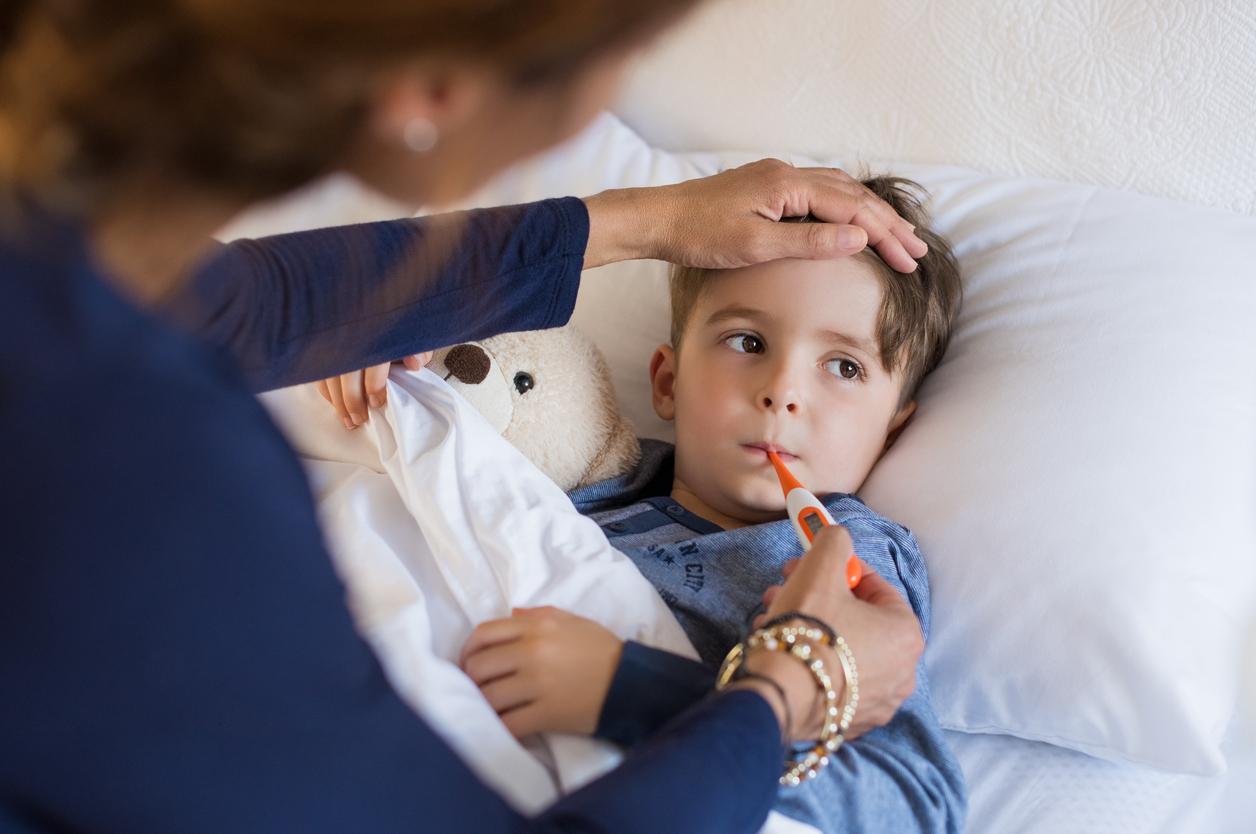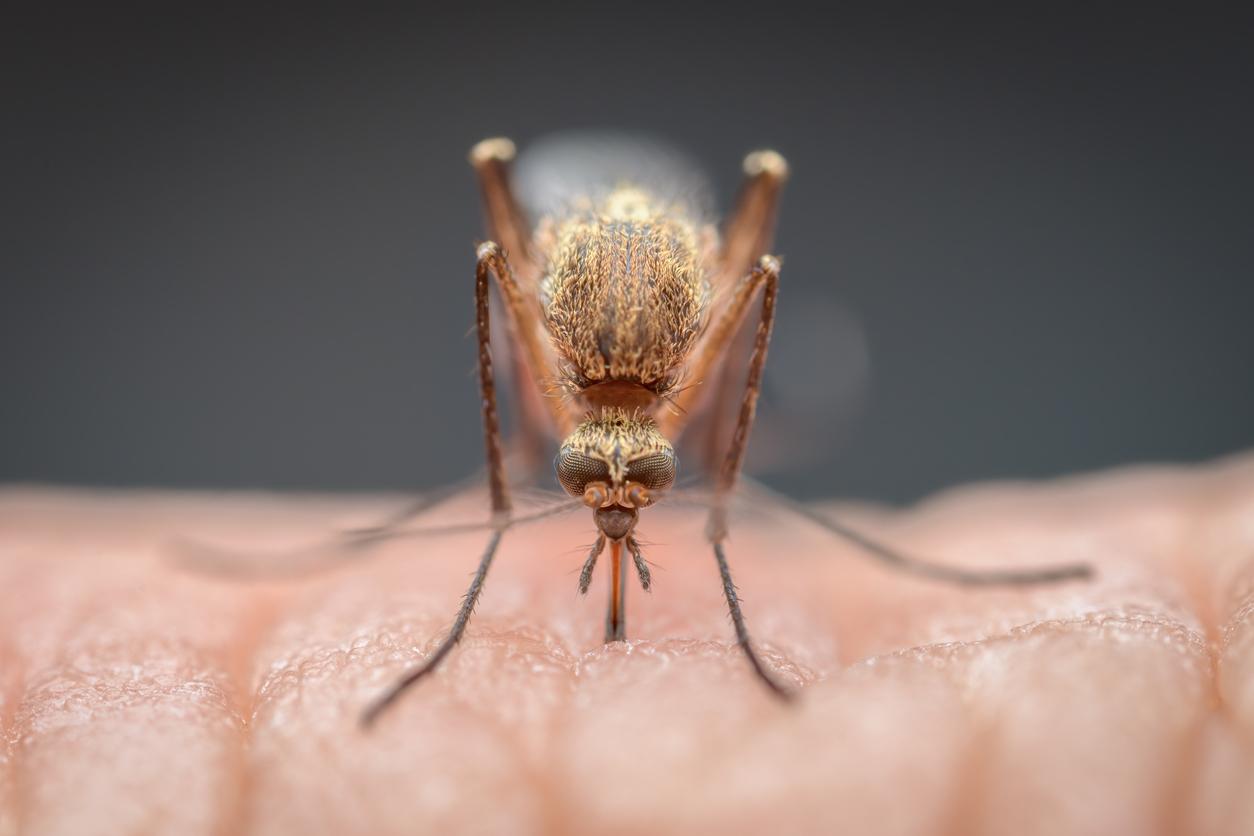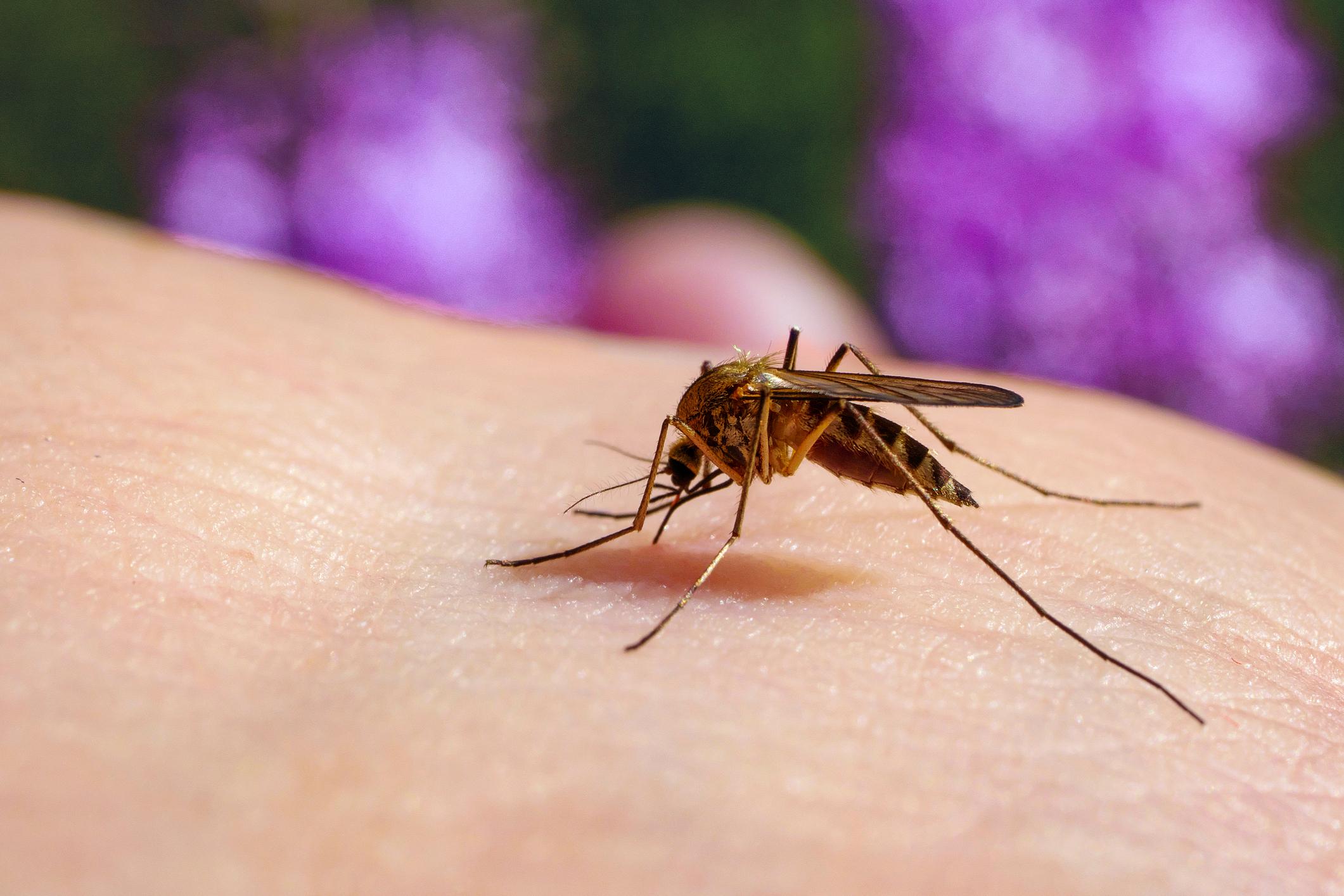A first fatal case of yellow feverin Guyana. The Pasteur Institute of Guyana revealed on Monday August 22 an infection with the yellow fever virus on Guyana territory. No case linked to this virus had been observed since 1998. The victim, a woman whose identity is unknown, could have been contaminated in the border area of Oiapoque in Brazil. The patient, with a history of staying in the forest near St Elie and in the Oyapock Valley, died on August 9, reports the Regional Health Agency (ARS) of Guyana in a press release.
Yellow fever is a acute viral illnesswhich can be transmitted from animals (monkeys) to humans and from humans to humans by bite of an infected mosquito of genus Aedes (also zika vectorof the dengueand chikungunya) but also other types circulating in the forest, recalls the ARS.
As soon as the case became known, the Guyanese health authorities set up the management system (investigation, mosquito control, etc.) and information necessary to prevent the transmission of the virus and avoid new contamination. Mosquito removal operations took place around the identified transit sites of the deceased patient.
The vaccine, the most effective weapon against yellow fever
A patient infected with yellow fever presents various symptoms after an average of one week of incubation of the virus, namely: fever, chills, muscle pain, headache, nausea, vomiting. Serious forms (hemorrhages, liver disorders, kidney disorders) can also occur in 15% of patients, further specifies the ARS on its site. The ARS recommends that unvaccinated people who have similar symptoms and who have visited the victim’s transit points since August 15, 2017 to “consult their doctor without delay”. The list of doctors and centers is available on the ARS Guyane website: https://www.guyane.ars.sante.fr/fievre-jaune.
Vaccination remains the most effective instrument for effective protection against the yellow fever virus. In 99% of people who are vaccinated via the injection of a single dose are fully immunized and protected for life against the disease.
Read also:
Cholera: a pilgrimage to Mecca under tension
Ebola: 78% of survivors would suffer from sequelae















